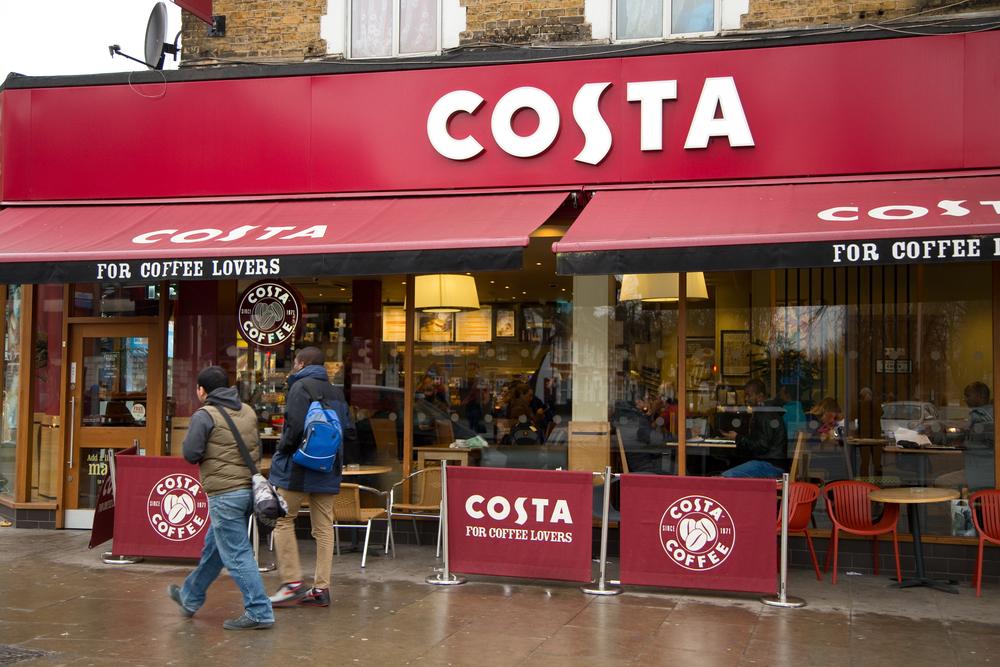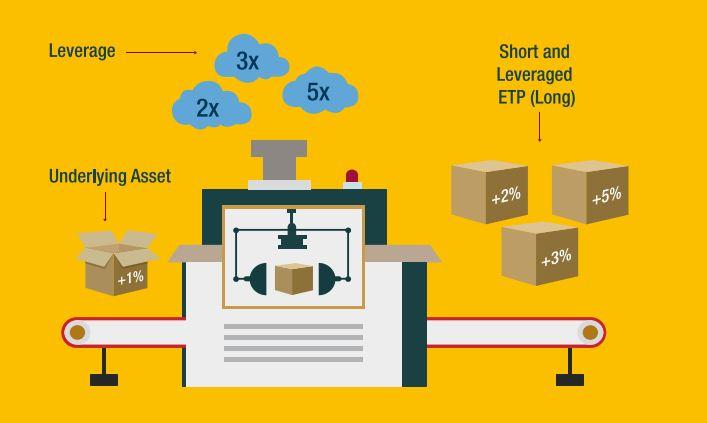Download guide now:
Download this report now to discover those stocks earning the title of ‘dividend darlings’.
The market has reached all-time highs. Main market valuations are through the roof, which leads some investors to believe that there are little or no ‘cheap’ stocks available.
Investors are also painfully aware that there is basically no return on cash. Bearing both factors in mind, we have chosen four FTSE350 stocks which not only offer growth potential, but also fit the bill as dividend darlings.
>FTSE 100 telecoms stock yielding 5.3%
>The pub group beating the benchmark yield
>UK bank posting improving earnings
>Specialist property stock growing inline with the population
Terms, Risk Warning & Disclaimer:
Although the author and publisher have made every effort to ensure that the information in this publication was correct at press time, the author and publisher do not assume and hereby disclaim any liability to any party for any loss, damage, or disruption caused by errors or omissions, whether such errors or omissions result from negligence, accident, or any other cause. Investments can go up in value as well as down, so you could get less than you invested. This information does not constitute personal advice and you should speak to your financial advisor before committing to any pension product. Information in this document is for reference use only and its accuracy cannot be guaranteed and is subject to change.









